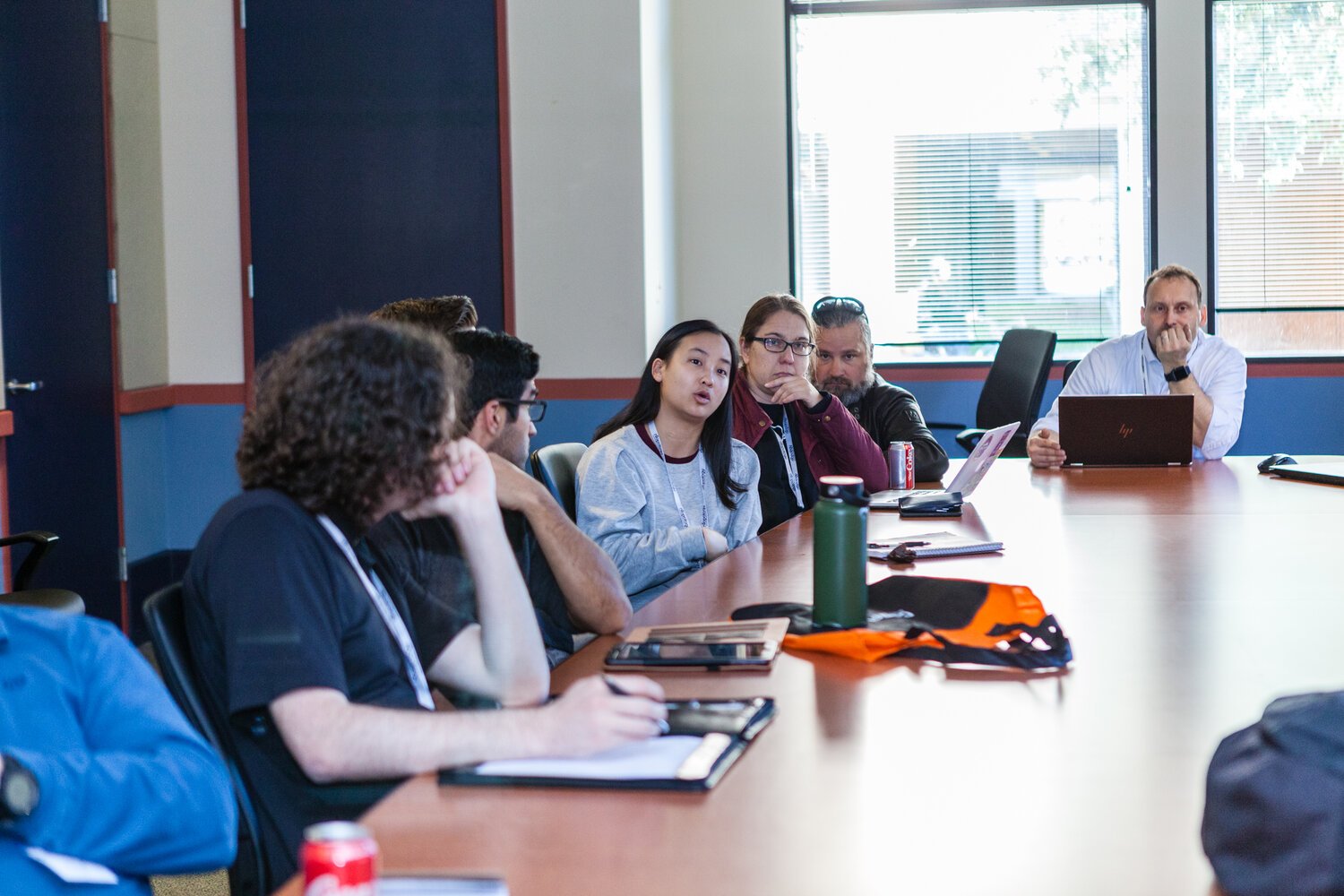Construct3D 2023 will be hosted by NYU Tandon from August 1-3, 2023, in Brooklyn, NY.
The Construct3D organizing team is gearing up for Construct3D 2023: Next Steps for Digital Fabrication in Education programming. We know that educators are facing new challenges, and the Construct3D community of educators and industry leaders are again here to work together to figure out where and how we move forward.
How can we educators and industry allies adapt to the new realities of teaching 3D printing and digital fabrication?
Where are the best resources to help each of us not reinvent the wheel?
How can we better serve everyone in our community?
Construct3D 2023: Next Steps for Digital Fabrication in Education will place an emphasis on hands-on workshops, taking action, and applied-learning experiences.
We welcome submissions from educators, students, practitioners, technologists, designers, and researchers.
Tracks:
Next steps for Makerspaces (can include collaboration and workforce development)
Next steps for Teaching with Machines: Engineering Design and Virtual Design meets Digital Fabrication (including Artificial Intelligence, Generative Design, Robotics, and AR/VR-related topics)
Next steps for Teaching for Health Care: Digital Fabrication in the service of Design for Medicine, Medical Devices, and Biofabrication
Next steps for Accessibility, DEI, Social Justice, and Sustainability (economic, social, and environmental)
Next steps for Design: Art, Interactive/Game Creation, Architecture, Data Visualization, Industrial Design, and Sculpture
Some compelling topics (a non-exhaustive list):
Student engagement and success and the evolution of student-instructor dynamics
New hybrid hardware/software tech stacks that introduce new capabilities
Effective collaboration and communication practices
Equity and community in education
Catching up students whose math/science/STEM skills have been diminished by the pandemic
Formulating the teaching practices for the new generation of students
New ways for physical output created by generative and computationally-driven design strategies




